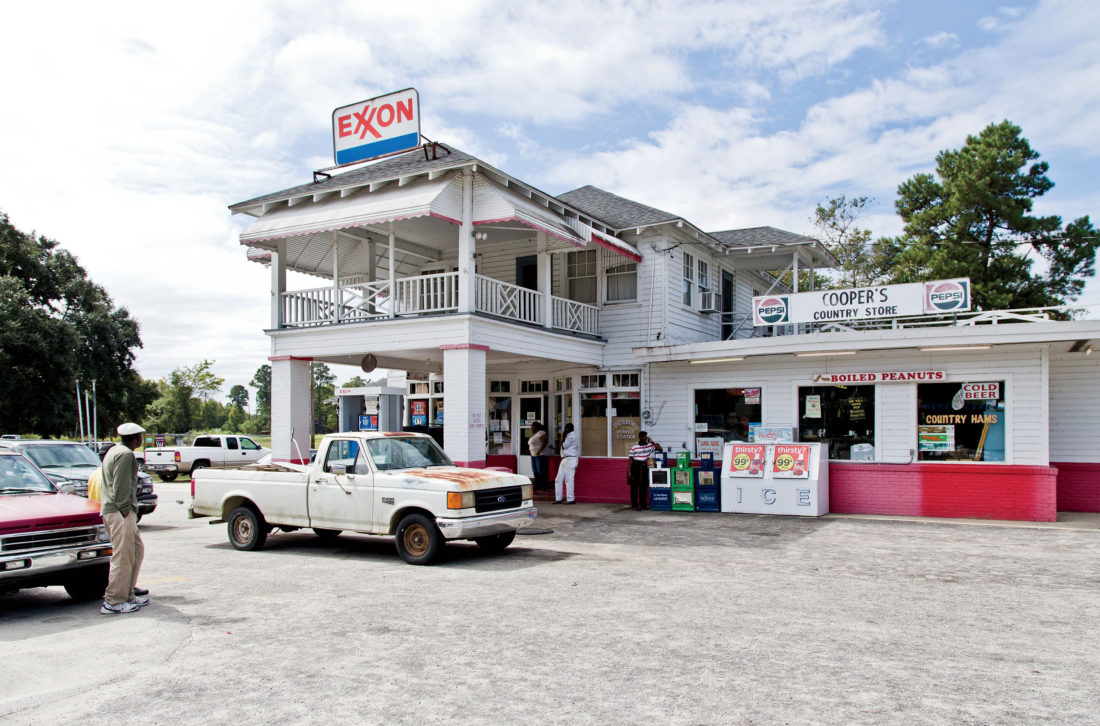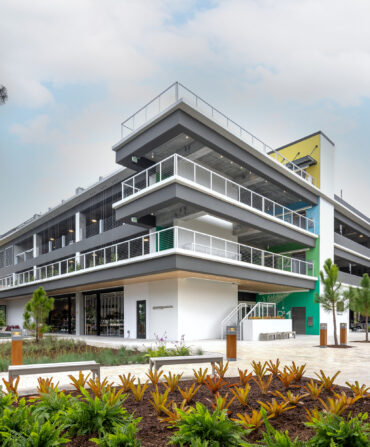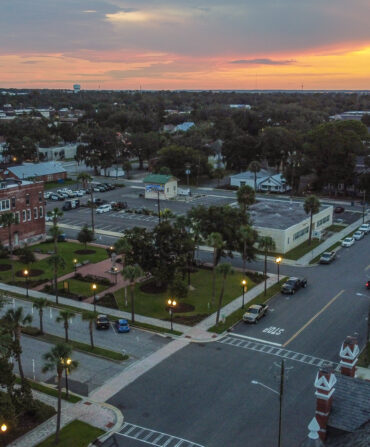You need no further reminder of how much things have changed since Cooper’s Country Store opened, in 1937, than this: My grandfather used to pull over at the remote crossroads on family beach trips to mix a second batch of martinis. The tobacco barns and yeoman farms that once lined this stretch of Highway 521 in South Carolina may have gone the way of the mule-drawn plow, but this landmark still welcomes a steady stream of travelers wending their way toward the Grand Strand, along with sportsmen and local folks from down the road. Located near Salters, just south of Kingstree, this whitewashed general store is difficult to miss, with its two-story porte cochere shading a pair of gas pumps. The many signs in the plate-glass windows only hint at the vast inventory within its wood-paneled confines, running the gamut from rice steamers and cast-iron frying pans to pork chops and steel shot. Just asking the third-generation owner, Russell Cooper, to describe the litany of items available makes the bejowled man a little breathless as he ticks down the list.

Photo: Peter Frank Edwards
Cast-iron pans at the ready.
“We got a full line of hardware, gas and diesel, meats and groceries, and your basic automotive,” he says. “The only thing we don’t do anymore is change car tires.” He pauses for a moment to think of something they don’t carry. “The other day I had an old man come in here looking for a shovel handle. He had been three or four other places and couldn’t find one. Well, I had it.” Russell is proud to have satisfied such a request, for covering the mercantile spectrum is how he makes a living. This particular Saturday, the store is also selling feed corn by the sack from a trailer in the parking lot and barbecue sandwiches from a counter in back. In the summer, it sells a bushel of boiled peanuts a day by the paper bag, not to mention who knows how many live crickets to the fishermen casting lines in the nearby Black River.

Photo: Peter Frank Edwards
One-Stop Shopping
Goods range from hardware to cookware.
The cricket cage is not kept on the shop floor but in the warehouse wing, one of four additions made to Cooper’s Country Store since it was built by cotton farmer Theron Burrows. Originally christened Burrows’s Service Station, the name changed after his son-in-law George Cooper purchased the store in 1974. George ran it for the next twenty-nine years until passing the reins to his nephew Russell in 2003. Russell considers himself caretaker to the agrarian history the store represents, his dedication evidenced by the small collection of vintage farming equipment stored alongside the cricket cage. On one wall are rows of steel plow points still factory sharpened. A pair of unblemished Boy Dixie bottom plows hang from the ceiling, where they have waited forty years to be harnessed to a mule team. Crosscut saw blades and cant hooks are propped in corners. Others might have sold these items to collectors to supplement the bottom line, but Russell has too much respect for the tradition he has inherited to consider such an option. “I can’t tell you how many offers I’ve had for this stuff, and I’ve turned them all down,” he says. He would rather sell crickets by the hundreds.
Back inside the store, the only concession made to the twenty-first century is the slender ATM machine by the front entry. There is no other place to put it without sacrificing one of the two worn pine benches or the rocking chair in the narrow seating area opposite the cash register. Here, pressed against the rows of liniments, pain relievers, pocketknives, and genuine corncob pipes, regulars sit and swap stories. Even in this era of big-box retailers and niche Internet vendors, third- and fourth-generation customers continue to return. The crickets, feed, and farming equipment are only part of the story. The real secret awaits at the back of the store beneath the mounted head of a seven-point buck—the butcher counter.

Photo: Peter Frank Edwards
Inside the ham safe.
Cooper’s knows its way around a hog, which is why my family has made a point to stop here for more than seven decades, even if there’s plenty of ice in the cooler and gas in the tank. Here behind the counter’s glass display, you’ll find everything from house-cured bacon to smoked tails and ham hocks. My grandfather loved anything that oinked. My father favors the liver pudding, and I can’t get enough of the hot sausage, which is some of the best in the state. (The medium is hotter than most, and the hot will make your grits smoke.) But the most distinctive offering might be found inside the screened ham safe against the far wall. Behind this unlocked door dangle rows and rows of salt-cured smoked hams. These Southampton-style country hams have been produced by the same family for Cooper’s Store for almost sixty years. Sold by the slice or the whole ham, they are shipped nationwide, and one bite will quickly explain why folks gladly cover the freight. I step inside, let the screen door close behind me, and linger among the pepper-crusted slabs, in no particular hurry to get back on the road.








